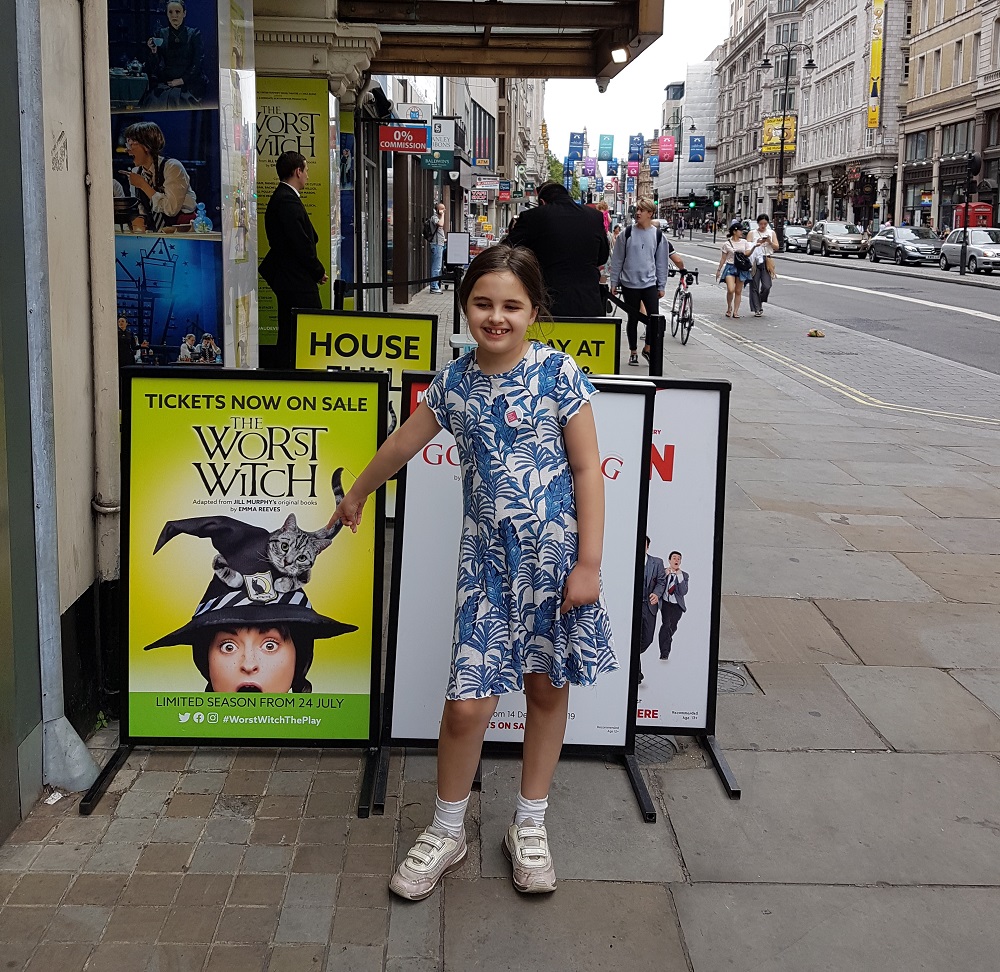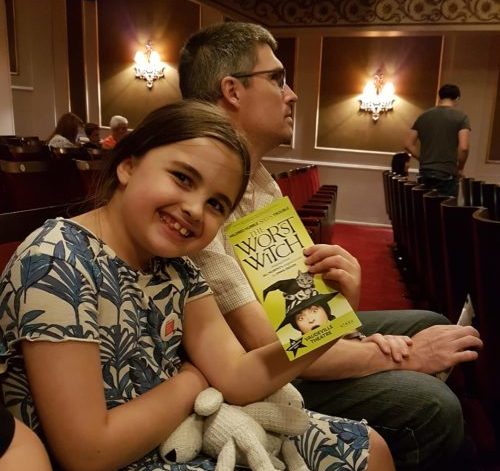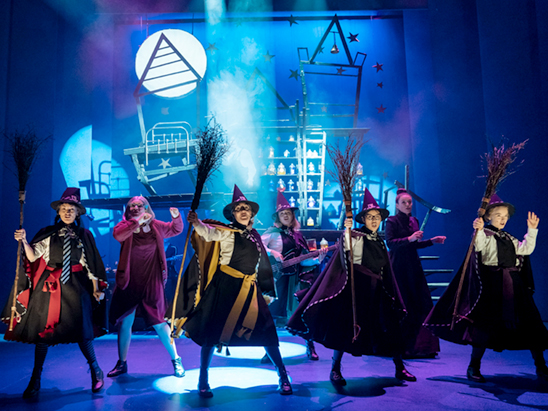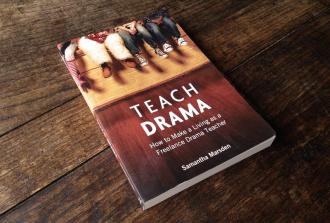There is nothing like sitting in front of the fire on a cold winters day with the family, all huddled round in their Christmas jumpers, mince pies at the ready and a good Christmas film to celebrate the festivities! That surely is one of the highlights of the winter season. Here we have a list of our top 10 Christmas movies for all the family to enjoy. Let us know which is your favourite!
Top 10 Christmas Movies for the family
1. Home Alone
Home Alone is a 1990 American Christmas family comedy film starring Macaulay Culkin as Kevin McCallister. an eight year old boy who is mistakenly left behind when his family flies to Paris for their Christmas vacation. Kevin initially relishes being home alone, but soon has to contend with two would-be burglars. There are now 4 sequels, although the main cast only reprised their roles for the first sequel, Home Alone 2: Lost in New York.
2. Elf
Elf is a 2003 American Christmas comedy starring Will Ferrell and Zooey Deschanel. The story is about one of Santa’s elves who learns of his true identity as a human and goes to New York City to meet his biological father, spreading Christmas cheer in a world of cynics as he goes.
3. The Grinch
Inside a snowflake exists the magical land of Whoville. In Whoville, live the Whos, a munchkin-like people. All the Whos love Christmas, yet just outside of their beloved Whoville lives the Grinch. The Grinch is a nasty creature that hates Christmas and plots to steal it away from the Whos (who he equally abhors). Yet a small child, Cindy Lou Who, decides to try befriend the Grinch.
4. Nativity
Paul Maddens is a “frustrated, under-achieving primary school teacher” who once had ambitions of being a successful actor. Every year St. Bernadette’s Catholic School in Coventry where he teaches competes with the local Protestant private school to see who can produce the best nativity play. Maddens hates Christmas because his ex-girlfriend Jennifer, who attended drama school with him, left him at Christmas before he could propose to her. Despite this, the St. Bernadette’s headteacher Mrs Bevans (Pam Ferris) tasks him with running their nativity play this year, and gives him a new class teaching assistant Mr Poppy, who turns out to be as much of a child as the rest of Mr Madden’s class.
5. Miracle on 34th Street
The story takes place between Thanksgiving Day and Christmas Day in New York City, and focuses on the impact of a department store Santa Claus who claims to be the real Santa. The film has become a perennial favourite among Christmas movies.
6. Jingle All The Way
Jingle All The Way is a 1996 American Christmas family comedy film starring Arnold Schwarzenegger. The plot focuses on two rival fathers, workaholic Howard and postal worker Myron, both desperately trying to retrieve a Turbo-Man action figure for their respective sons on a last minute shopping spree on Christmas Eve. Inspired by real-life Christmas toy sell-outs for products such as the Cabbage Patch Kids and adding in elements of satire about the commercialization of Christmas, the project was picked up by 20th Century Fox and Arnold Schwarzenegger came on board!
7. Santa Claus: The Movie
Santa Claus: The Movie is a straightforward attempt to explore the mysteries of Santa Claus with the key objective being to answer some of the basic questions many children have, such as how Santa’s reindeer fly, how he and his wife made it to the North Pole, how Santa ascends chimneys, among other things. The film chronicles the origins of Santa Claus who goes from being a simple working man to becoming an international icon of Christmas.
8. The Nightmare Before Christmas
Tim Burton’s The Nightmare Before Christmas tells the story of Jack Skellington, a being from “Halloween Town” who opens a portal to “Christmas Town” and decides to celebrate the holiday, with some dastardly and comical consequences. The Nightmare Before Christmas originated in a poem written by Tim Burton in 1982.
9. The Muppets Christmas Carol
In this adaptation of the Christmas story narrated by Charles Dickens himself (played by Gonzo!), it is Christmas Eve in 19th century London. The merriment is not shared by Ebenezer Scrooge (Michael Caine), a surly money-lender who is more interested in profit than celebration. So cold to the season of giving is he that his bookkeeping staff have to plead with him just to have a day off work for Christmas…
10. The Polar Express
On the night of Christmas Eve in the late 1950s, a boy witnesses a train called the Polar Express that is about to embark to the North Pole. The conductor lets the boy board the train, and he meets the other children including a little girl who has lost her ticket. The conductor, instead of ejecting her from the train, takes her for a walk on the rooftops of the train. A magical Christmas tale.
What are your favourite Christmas movies? Let us know on Facebook!
Jigsaw Performing Arts is dedicated to developing performance skills, promoting self-expression and building confidence. We offer performing arts classes for children aged between 3 – 18. Find your nearest school by entering your postcode into the search on our home page.







